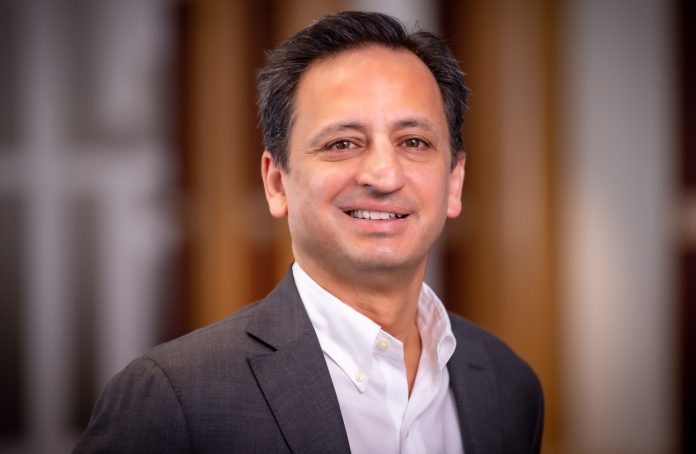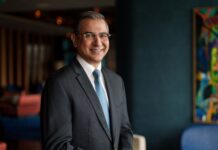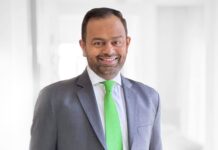COVID-19 has proved that digital is no longer an option. How quickly do Wealth Managers in the Middle East and Africa need to adapt to this new digital-first reality?
Wealth Managers have been working on enabling “banking on the go” for clients even prior to the pandemic, which accelerated digital adoption from a customer perspective. While the pace accelerated, enabling more digital experiences and straight-through processes to be set up, we remain mindful and deliberate in this transition, understanding the customer journey, their preferences and perceptiveness to digital as an alternative or go-to channel. The approach should not be one-size-fits-all, but a personalized data-driven engagement ultimately bringing a holistic experience of advisory, insights, and wealth solutions. We believe that for Ultra High Net Worth Customers, specialized advisory, relationship management and tailor-made wealth solutions will remain a key driver of customer preference for the foreseeable future while for others it will move towards a mix or a hybrid channel engagement/experience model. Over time (sooner rather than later) digital and technology-driven wealth solutions will be more widely used and leveraged by customers, especially the digital native generation.
As the more digitally native gain wealth and move into more prominent positions in their business and families, what are you doing to keep them engaged with your products and services?
We are constantly evaluating our core value propositions and product offerings to ensure the relevance, suitability and competitiveness to this segment. We have done significant market research and focus group discussions to better understand their needs, wants and aspirations. The data and insights are very important as we use these to customize and tailor the communication, creative tone, wealth solutions and delivery. Equally important is a deeper understanding of their life-stage and lifestyle and be present where they live, work and play, to raise top of mind awareness and preference.
For investment strategies, what are the leading concerns of HNWI’s in the region at this time?
COVID has changed the world economy, largely via adaptations and efficiencies made to cope with pandemic restrictions. In addition, the macroeconomic management and the scale of government involvement may have also changed for the long run. While the end of the global pandemic will be at hand in the coming quarters, with a strong multi-year recovery ahead, some of the key concerns of HNWI remain centered around the fact that the strongest “bounce back” investment returns have already been earned, with some of the lowest quality assets leading the way and while certain sectors and national markets still offer mean reversion potential, the range and scope of opportunities is narrowing. This coupled with the fact that fixed income and cash remain unappealing, presents a dilemma for HNWI. We believe that focusing on portfolio quality, positioning the asset allocation for “mid cycle” conditions and exposure both to assets that still have untapped recovery potential and to reasonable long term growth assets might be something that HNWIs should consider
With the current growth in the market, how challenging is it to source and retain experienced wealth managers and relationship managers in the region?
While there appear to be challenges of supply vs demand at an aggregate level with the growth in wealth management, experienced wealth and relationship managers in the region are looking for institutions providing visibility as to long term viability, and growth. Therefore, within the available pool of talent, the well-established institutions, with a long-term commitment to the region, have less of a challenge as there is a “flight to quality.” The challenge as we go forward may be more of availability of talent that is comparable to other major financial centres in the world. Significant strides have been made in countries such as UAE towards improving the overall standards of the wealth management industry and of the regulatory environment, and this should help growing and retaining top tier wealth talent in the country.











